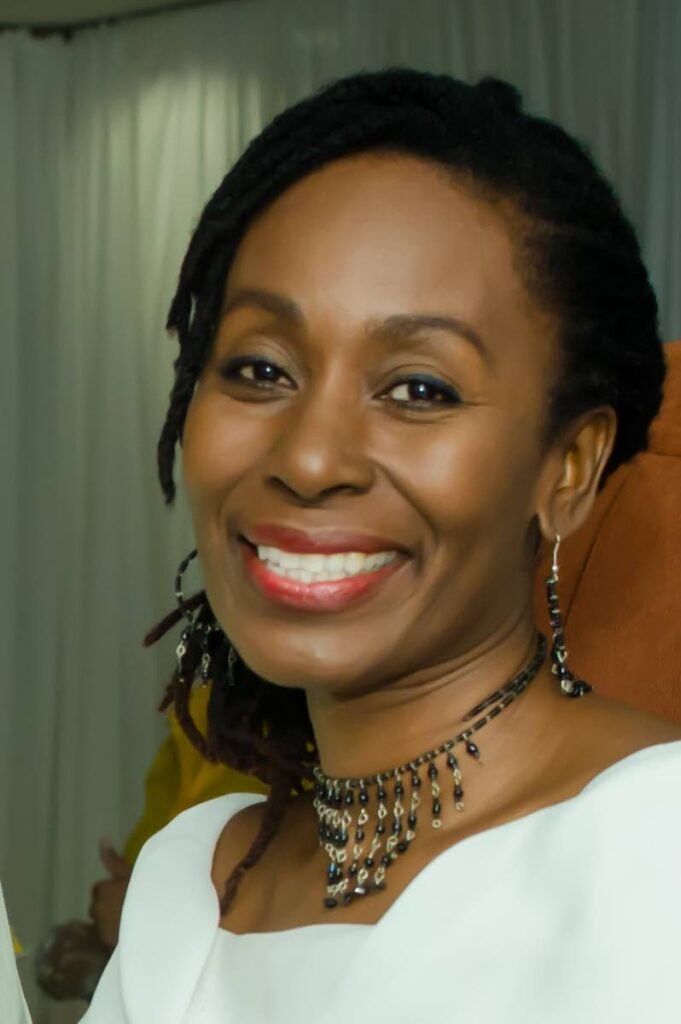Groundings with we Carnival

Tradition Issues
DARA E HEALY
“… tradition shouldn’t be a useless factor, nor does it all the time stay the identical. It belongs to dwelling folks and is subsequently all the time creating…What we want is confidence in ourselves, in order that as blacks and African we might be aware, united, impartial and artistic.”
– Walter Rodney, The Groundings with My Brothers
THE WORK of the artist is strongest when the viewer or listener can relate to the story being instructed, after they can establish their very own ache, their very own narrative.
I believe that the craving for such which means is on the core of among the disappointment with carnival in Tobago. Over the previous weeks, as I noticed the assorted commentaries, I felt an awesome sense of déjà vu. We proceed to grapple with the query: what’s the goal of Carnival and the way ought to it empower our nation?
In Trinidad, we’re studying many harsh classes for refusing to reply this query. There was a second when the Carnival did reply to the wants of a creating nation. In treating with themes akin to racial equality, the atmosphere or social progress, artists helped us categorical what we had been feeling by the mas, pan and calypso.
Jeff Henry paperwork that “Emancipation was the start of the Africans’ participation in masking as free women and men.” Nevertheless, as we all know, the enslaved introduced their centuries-old spiritual beliefs and practices, motion, dance, costuming and speech traditions. Throughout enslavement, they discovered methods to manifest these cultural traditions, masking them as leisure beneath the scrutiny of plantation masters. Thus, for the enslaved, Carnival represented a reclaiming of self as “the Africans discovered methods and means to string their historical past by drama, mime, dance, track and storytelling.”
Tradition served the same goal in Tobago. As established by Rita Pemberton and different researchers, native practices “offered the means for a powerful assertion of identification for the island’s oppressed African inhabitants throughout and after emancipation.” Music, track and dance had been interwoven with work. As an example, one work track from Tobago within the call-and-response African type says, “Pull, pull, leh we go/Maintain yuhself we taking place/Pull, pull, leh we go/Maintain yuhself, we going up.”
Nonetheless, the battle to protect African traditions was fixed. In 1798, the African drum was banned in Tobago. By 1884, drums had been outlawed in Trinidad, with elitist newspapers of the instances describing African music as “barbarous sounds.”
Hollis Liverpool notes that in 1853, Joseph Allen of the Congo Society was charged with disorderly conduct in a dance. In actuality the members of the society had been holding a standard African wake, little question in bongo type, to honour those that had transitioned.
The Congo affect in Tobago was additionally sturdy. JD Elder wrote about non secular elders “Congo Keorke, Congo Leberoot and Congo Peter Jorge,” members of the Congo group who had their very own type of music, dance and language. These expressions have an effect on music, speech patterns and non secular practices on the island immediately.
The cultural traditions of Africans had been described in such phrases as “wild,” “extreme” and “repulsive.” African religions had been demonised within the eyes of Christian believers, including one other layer of mistrust of African cultural varieties.
But historic data reveal a stage of hypocrisy within the response of enslavers and the higher courses to Africans’ non secular and cultural traditions. The Africans had been allowed to have their festivals, work songs, even stickfighting, so long as these actions meant they labored more durable.
We nonetheless don’t absolutely belief or perceive Carnival. Our establishments have but to show formally in regards to the affect of Africa within the costuming, masking traditions and rituals of the competition. In the present day, among the feedback within the newspapers by so-called respectable members of society bear a disturbing similarity to commentary from the 1800s. Many authority figures nonetheless view Carnival as an event on an occasion calendar, slightly than a cultural legacy with the potential to empower us past mounted dates. And, considerably, Carnival continues to be offensive to many spiritual sensibilities.
But when we’re dissatisfied with the aggressive sexuality on show throughout the competition, maybe it’s time to deal with our resistance to instructing wholesome sexual attitudes and behaviours, our top-ten international ranking for on-line pornography and the prevalence of youngsters who’re sexually abused by adults.
So, what’s the goal of Carnival? It’s an important facet of what defines us as a complete.
Till we validate its cultural groundings, emotions of disappointment are inevitable.
Dara E Healy is a efficiency artist and founding father of the Indigenous Artistic Arts Community – ICAN
Source link
